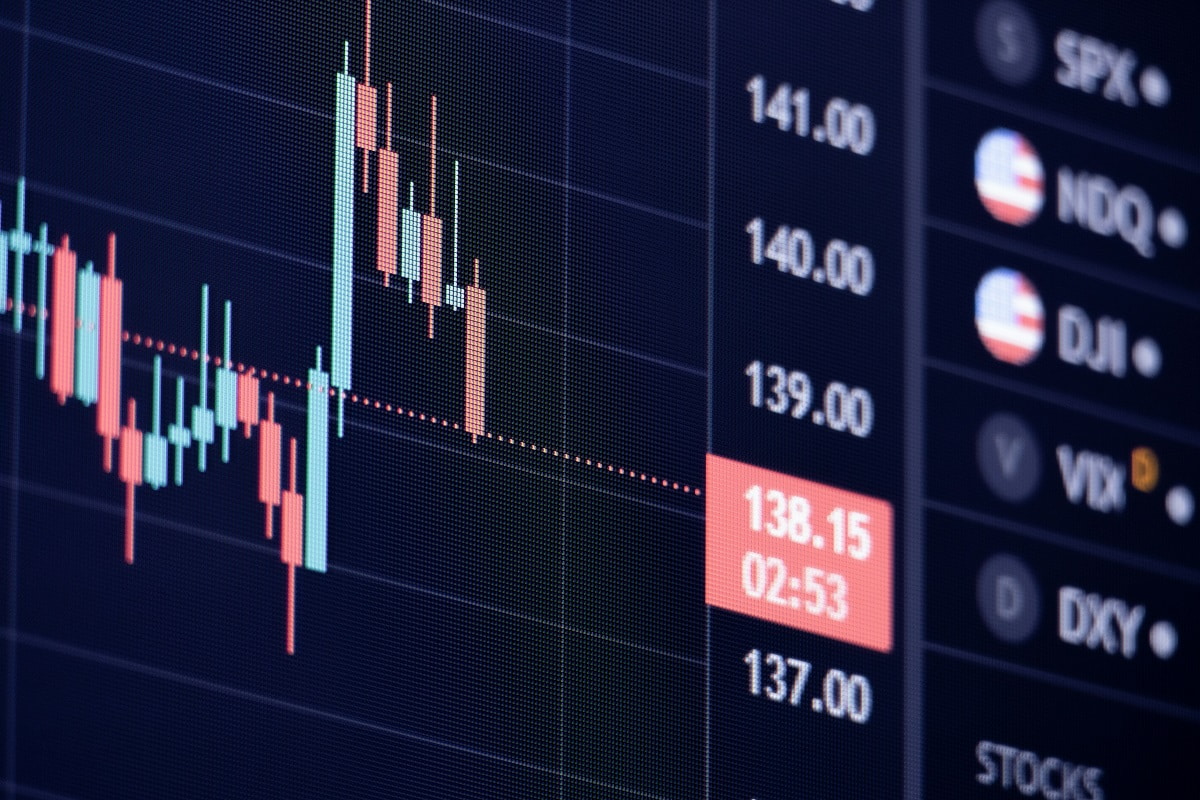When Jamie Dimon, CEO of JPMorgan Chase, declared that geopolitical headwinds “may very well be creating risks that could eclipse anything since World War II”, you know the mood in the global boardrooms has shifted.
He is not alone.
Future Fund CEO Raphael Arndt has recently urged the investment community to prepare for “a riskier world” in which geopolitical events defy predictions and grow in complexity and impact.
Geopolitics is now at the top of the risk register of any company that operates in the global markets.
For the last four months, I have spoken to more than five dozen risk and strategy executives and advisers in the United States, Latin America and Australia.
Their message is clear – geopolitics is now at the top of the risk register of any company that operates in the global markets. The influential Natixis and Bank of America surveys of institutional investors and global fund managers rank geopolitics as the biggest risk. The last three years have seen most multinationals and consulting firms investing in their geopolitical expertise.
Australia, as a nation reliant on international markets for its prosperity and security, is particularly vulnerable, with the fallout with China bringing home the hard lesson of what happens when geopolitics meets business.

Australia’s response has been the further enmeshment in the US alliance network via AUKUS, diversification of trade, and a wide-ranging economic security agenda, articulated by Treasurer Jim Chalmers in his recent speech. But for business leaders, leaving the task of managing geopolitical risks to government, as has been the Australian practice, is no longer an option. Ultimately, markets, shareholders and stakeholders will punish those firms caught unprepared for the calamities ahead.
Already the wars in Ukraine and between Israel and Hamas have shown the wider potential to drain the global economy and sow instability, disrupting shipping and supply chains, making commodity and energy prices volatile, and forcing difficult ethical and reputational choices on CEOs and boards.
The challenges on the horizon are manifest. The fences of trade restrictions are growing higher and the yards of national industry policies larger. Copping a friendly fire of protectionism from Australia’s like-minded trading partners is as likely as from its adversaries. For few Australian businesses daring to expand globally, this creates another major disincentive.
The mounting cybersecurity threats and technological competition – driven by AI and geopolitics – are forcing Australia to play catch-up on risks and watch AI hollowing out business models. Australian media companies are already in the fight of their lives against the American tech giants empowered by AI and the regulatory vacuum.
As during the last era of fragmentation – the Cold War – geopolitical risks come with geoeconomic opportunities.
Political uncertainty in Australia’s most important partner also carries risk. The possible return of Donald Trump as the next US president will dampen local industry’s ambition to turn Australia into a renewable energy superpower. Trump’s planned elimination of green subsidies will directly affect Australian investors, from the super funds to Fortescue Futures. Trump will not hesitate to use tariffs and restrictions against both adversaries and friends. But even if it is Kamala Harris in the Oval Office, Australia should not expect ANZUS romanticism to offset Washington’s hard-headed pursuit of its national interest.
The China economic opportunity is still there, despite headwinds in China’s economy and deep strategic rifts with the West. It is impossible to exclude China from Australia’s resources trade and decarbonisation. But as Beijing toughens its security and economic sovereignty, the strategic fault lines between Beijing and Canberra and the pressure from Washington on Australia to moderate its China policy make the stabilisation fragile, and the risk of fall-out high.
As during the last era of fragmentation – the Cold War – geopolitical risks come with geoeconomic opportunities. China’s tariff onslaught on Australian producers mobilised a pivot to new markets. Australian grain producers benefitted from price hikes and disruptions in grain trade caused by Russia’s invasion of Ukraine. Lynas Rare Earths is breaking China’s monopoly on light and heavy rare earths, thanks to funding from the US government and the global thirst for critical minerals.
Corporate Australia has promptly embedded sustainability, diversity and social licence in its DNA. As global fragmentation and securitisation of national economies gather pace, a similar mindset shift is required to respond to the world in disarray. CEOs should start at the top by building geostrategic expertise on their boards and management teams, and making geopolitics an indispensable part of the risk strategy.
More active engagement with government on foreign policy will help with anticipating threats and influencing policy. Industry bodies, consultants and business schools should also up their game on geopolitics with sector-specific insights and capabilities for their clients.
The wave of immediate and long-term structural risks is coming to Australia’s shores hard and fast, and the time to build geopolitical muscle is now.

